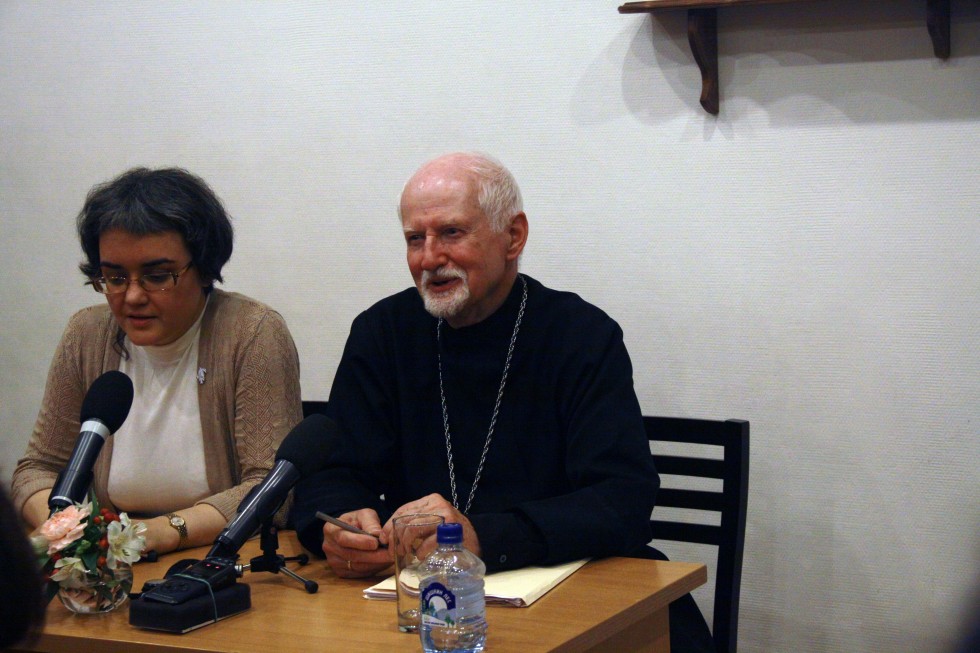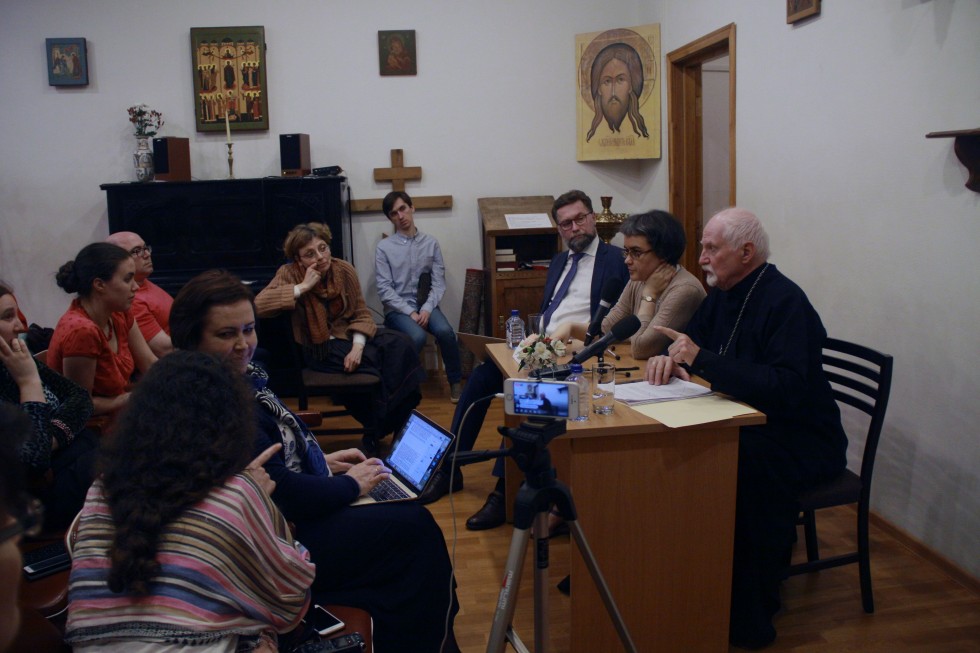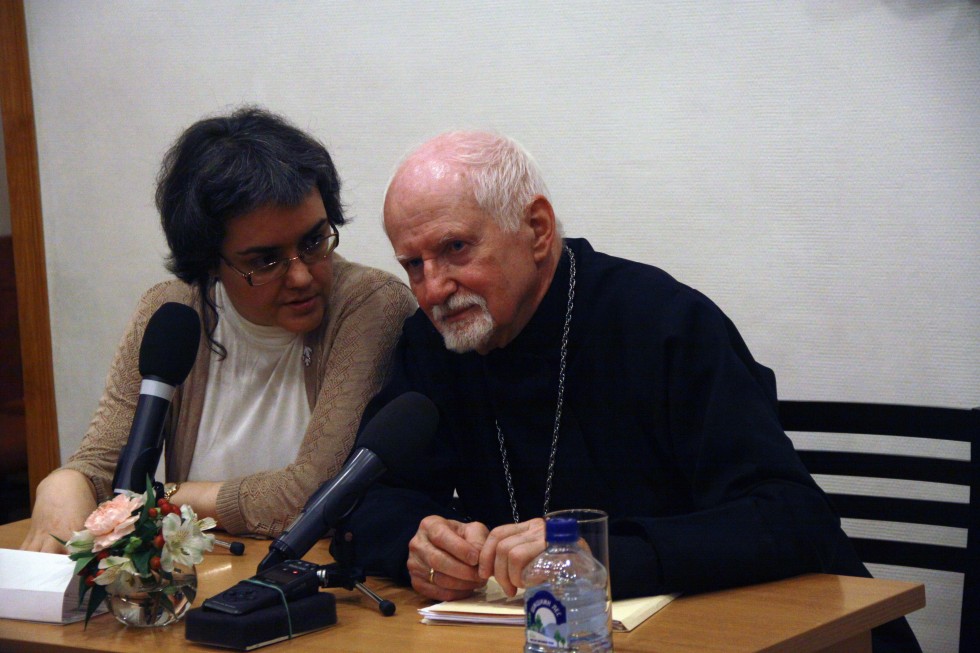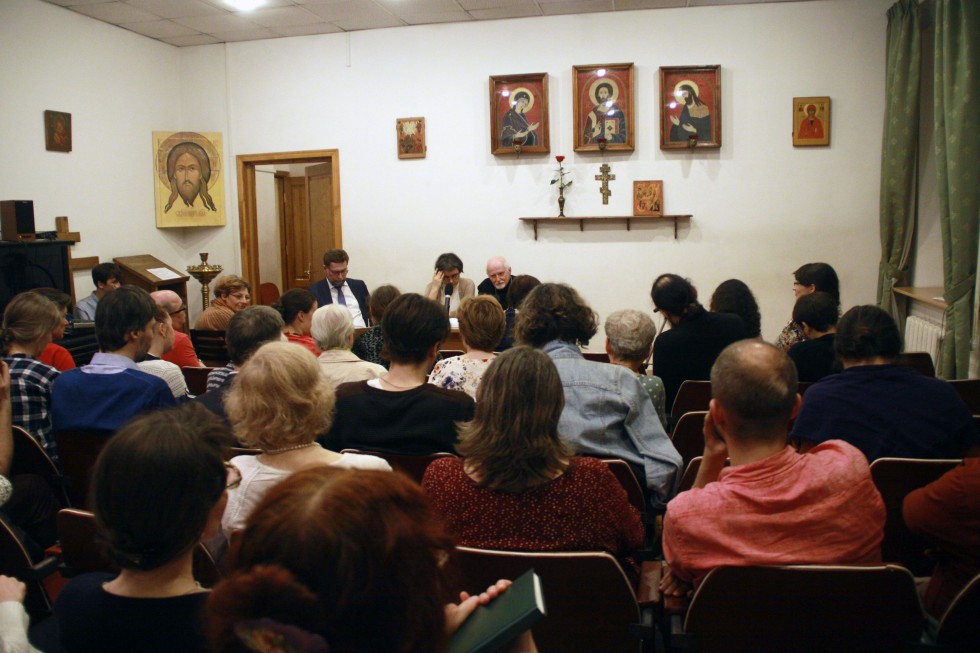The Limits of Eucharistic Ecclesiology

“In a century of wars and revolutions, concentration camps and deportation, migration for economic reasons or simply because you’ve lost your home and shelter, migration becomes the key characteristic of our time,” says Fr. John Erickson. “Those who were deported from Russia on the “Philosopher’s Ship” in 1922, on who’s thoughts and experience 20th’s century theology rests, were also subjected to migration. As a result of this migration, everything they had become accustomed to as normal and traditional, was ruined. The church they knew was gone. So what now? Where could they find the church?”
It is these questions, specifically, and not just an attempt to reconstruct some sort of ancient model of church order, which induced people like Nikolay Afanasiev, Alexander Schmemann and John Meyendorff to search for an authentic image of relationship between Christians, and this they expressed in their Eucharistic ecclesiology, which became one of the largest theological advances of the 20th century.
In father John’s opinion, Eucharistic ecclesiology is far deeper than the readiness to take communion often and half fellowship with each other afterwards over coffee, though this is often how Eucharistic ecclesiology is understood. “When Christ asks his disciples, ‘are you able to drink of the cup that I shall drink of?’, he isn’t primarily speaking of the Eucharist, but of the Cross, of martyrdom, of victory over the world with the same power with which He himself is victorious.”
Although Afanasiev’s concept took up important theological intuitions of the Slavophiles and thinkers of the 20th century regarding sobornost and the unification of Christians, Fr. John believes it is still an open question as to whether Eucharistic Ecclesiology has fully taken into account the radical changes that have occurred in the world, the human person and the church over the course of the last hundred years.
How he himself believes these radical changes should be faced, he promises to explain next week at SFI’s conference on Contemporary Orthodox Ecclesiology: The Church’s Service and Church Order in his presentation “Regarding the Question of Baptismal Ecclesiology: the Church Context and What we Teach as our Faith”.
A video recording of Fr. John Erickson’s lecture will be available on our official Facebook channel.
Fr. John Erickson is an American Orthodox theologian, scholar and specialist in canon law and church history, and the developer of the concept of baptismal ecclesiology. John Erickson was received into the Orthodox church in 1964, completed bachelor studies at Harvard (B.A., 1966) and received an M.Phil. from Yale Univesity in 1970 and an M.Th. from St. Vladimir’s Orthodox Seminary in 1984. From 2002 to 2007 he was Dean of St. Vladimir’s Seminary. He was ordained a priest in the Orthodox Church in America in 2006.



